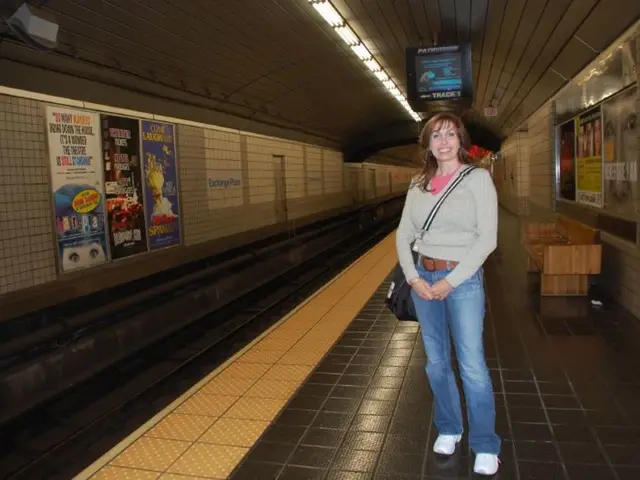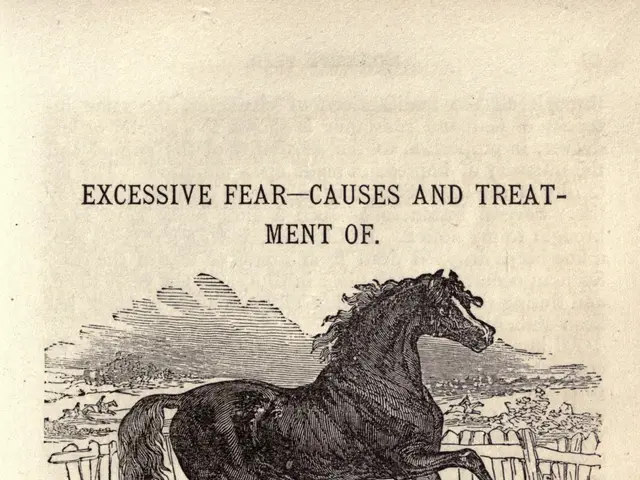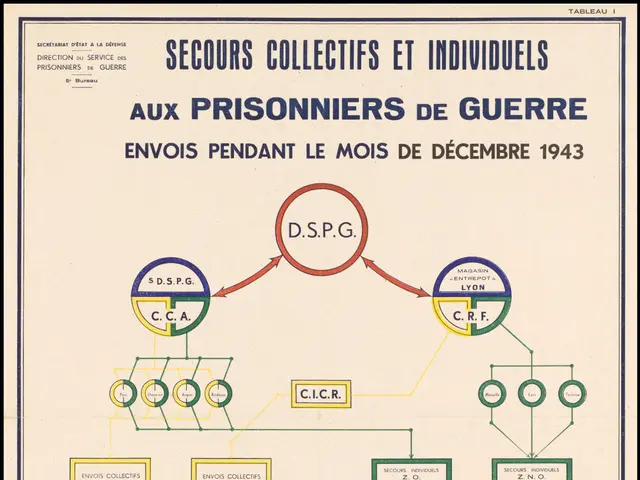Self-employed women bear the brunt of COVID-19 economic impact
Women Freelancers in Berlin Struggle Amidst the Pandemic
The surge in unemployment amongst freelancers during the ongoing pandemic has placed a significant burden on women, a revelation from a government report to the Greens reveals. As reported by "Der Spiegel", a whopping 2,700% increase in freelance women applying for welfare in May 2020 compared to the previous year has left many worried.
In the creative and cultural sectors, where a majority of freelancers work, lockdowns and social distancing measures dealt a heavy blow. Events, performances, exhibitions, and related economic activities came to a halt, leaving self-employed individuals in these fields, mostly women, in deep financial trouble. Their precarious working conditions, compounded by limited social protections, exposed them to the hardships of the pandemic.
Before the pandemic, over 60% of solo self-employed people in Germany, particularly those in Berlin's creative industries, were juggling multiple jobs [2]. Women were often overrepresented in these fields, making them especially vulnerable when these sectors contracted.
The government's answer to the Green inquiry stated that freelancers had to insure themselves voluntarily against unemployment, but only a few have taken up this option. The Left Party's MP Sabine Zimmermann pointed out that this is because the significantly increased contributions were often too steep for many freelancers [1].
Citing the "solidarity principle", the government has maintained that higher initial obligations for the insured community would be "unacceptable". This stance has been met with criticism as it appears to abandon small businesses and freelancers.
Safety Nets and Support Measures
In an attempt to alleviate the economic distress, the German government launched emergency aid programs offering direct financial assistance to self-employed individuals and small businesses. The aid aimed to offset lost revenue due to pandemic restrictions. However, gaps in social protections for freelancers and the depth of need persisted, particularly in the creative sector and for women freelancers [2].
This situation underscored the unique vulnerabilities of the freelance workforce and the limitations of existing support systems. As the pandemic continues, the need for inclusive and comprehensive social protections for all workers becomes more critical than ever.
[1] Der Spiegel[2] National Association of the Self-Employed, Freelance Initiative. (n.d.) The Impact of COVID-19 on the Self-Employed in the Creative Industries and the Need for Tailored Support Measures. Retrieved December 30, 2020, from https://www.fsos.de/files/COVID-19-Bericht.pdf
Other sectors, such as health-and-wellness and women's health, may also be deeply affected by the pandemic due to the increased demand for virtual services and the financial struggles of freelancers in these fields. The lack of comprehensive social protections for freelancers in many sectors, including women's health and wellness, has been highlighted during this crisis, emphasizing the need for more inclusive support measures in the future.








